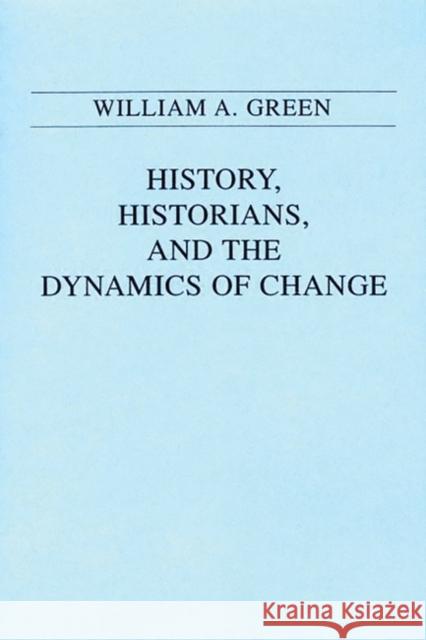History, Historians, and the Dynamics of Change » książka
History, Historians, and the Dynamics of Change
ISBN-13: 9780275939014 / Angielski / Twarda / 1993 / 272 str.
Green offers a remarkably lucid, erudite, and insightful description and analysis of the theoretical foundations of modern historical writing. He is the first to provide an orderly introduction to the several systematic models by which leading modern historians have attempted to explain continuity and change. This cogent survey is essential to an understanding of modern Western historiography.
The book introduces history as a theoretical discipline. Green examines the many pitfalls of historical writing and demonstrates that historical truth is a most elusive quarry. He addresses periodization, the manner in which past time is divided, showing how prevailing modes of periodization have evolved in the West. Part two of the book is concerned with the dynamics of change in European history. Each chapter considers a specific theoretical orientation, including: the commercial model initiated by Adam Smith and pursued by Henri Pirenne and others, the demographic model first formulated by Malthus, the Marxian model (or models), and the approaches of Weber and Sombart who identified religious forces as the chief engines of historical change. Part three addresses models of change being employed in world history, particularly the world-system approach of Frank and Wallerstein and the creative orientations of environmental historians. In his conclusion, Green returns to the question of whether the theoretical models of change currently in use among historians are consistent with contemporary modes of periodization. The bibliography is extensive.











